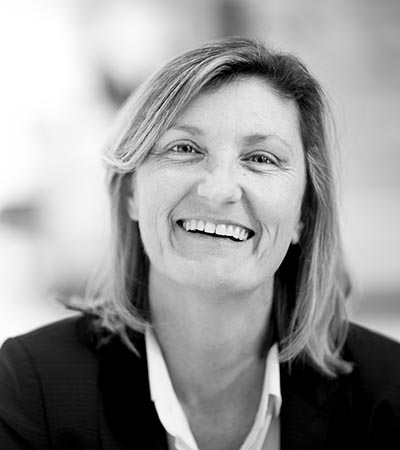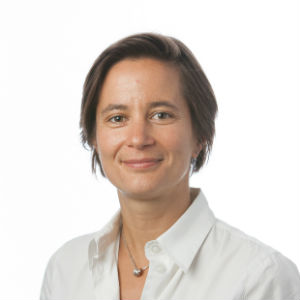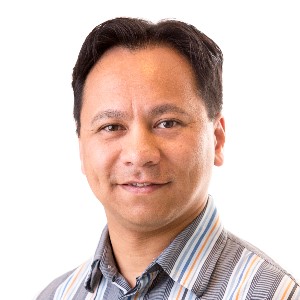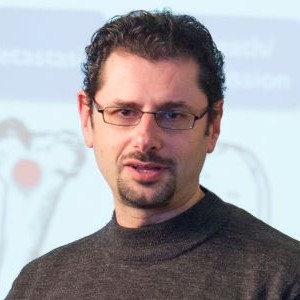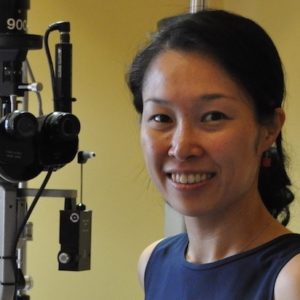Surgery at The Royal Melbourne Hospital
About Us
The Department of Surgery at the Royal Melbourne Hospital, The University of Melbourne, has broad and diverse areas of interest in basic science, clinical research and education. Clinical research involves oncology, cardiovascular, anaesthesia, clinical ultrasound, urology, general surgery, trauma and neurosurgery. The Royal Melbourne Hospital is one of the two trauma centres in the state of Victoria. The key focus of the basic science laboratories is cancer and genetic research. The Department has an extensive online learning platform, and the Ultrasound Education Group (UEG) is one of the largest providers of clinical ultrasound training in the world. It is also a pioneer in simulator-based training which also includes the use of robots for surgery. The education platform is also the basis for the Mobile Learning Unit (MLU), which delivers continuing professional development training on behalf of the Melbourne Medical School and the Faculty of Medicine, Dentistry and Health Sciences (MDHS).
We are located within the educational and research hub known as the “Parkville Precinct”, allowing for strong linkages to other research institutions and internationally renowned groups.
Academic Lead
The Academic Precinct Lead at the Royal Melbourne Hospital, Department of Surgery is Professor Christobel Saunders.
 Professor Christobel Saunders AO, MB BS, FRCS, FRACS, FAAHMS is the James Stewart Chair of Surgery, the Head of the Department of Surgery at the University of Melbourne (Royal Melbourne Hospital precinct) and consultant surgeon in the Department of General Surgery at Royal Melbourne Hospital and the Peter MacCallum Cancer Institute. She is internationally recognised as one of Australia’s most prominent research-orientated cancer surgeons. She has substantially contributed to breast cancer research including clinical trials of new treatments, psychosocial, translational and health services research.
Professor Christobel Saunders AO, MB BS, FRCS, FRACS, FAAHMS is the James Stewart Chair of Surgery, the Head of the Department of Surgery at the University of Melbourne (Royal Melbourne Hospital precinct) and consultant surgeon in the Department of General Surgery at Royal Melbourne Hospital and the Peter MacCallum Cancer Institute. She is internationally recognised as one of Australia’s most prominent research-orientated cancer surgeons. She has substantially contributed to breast cancer research including clinical trials of new treatments, psychosocial, translational and health services research.
In recognition of her sustained career excellence and innovation, Christobel has been publicly acknowledged through numerous awards and honours including an (Order of Australia) (2018), Uccio Querci della Rovere Award (2018), WA Women’s Hall of Fame Inductee (2018) WA Scientist of the Year (2017) and Cancer Council WA career Achievement Award (2021). She has performed research for >30 years evaluating the efficacy and utility of therapy for early breast cancer.
In the past five years, Christobel has published over 200 peer-reviewed journal articles (two in The Lancet), six letters to the editor/editorials, two research reports, two book chapters and one book. She sits on the boards of a number of health and research organisations including as Vice-President for All.can International and on the boards of All.can Australia, Breast Cancer Trials, the Australian Centre for Value Based Health Care and PathWest. Christobel is closely involved in strategic planning and management of health and cancer services in Australia including being on the Medicare Review Advisory Committee, past President of the Cancer Council WA and Breast Surgical Society of ANZ, and past Advisory Council member of Cancer Australia. She was Inaugural Chair of the state Health Service Provider, PathWest Laboratory Medicine.
Key Research Areas
A diverse and wide-ranging interest in research reflects the large size and diverse nature of the members of this precinct:
- Arterial coronary bypass surgery (total arterial revascularisation)
- Radial artery as a conduit in coronary bypass surgery
- Tracking the progression and performing a definitive analysis of metastatic subclones of prostate cancer
- Improving glioblastoma diagnosis and treatment through identification and validation of serum biomarkers and understanding pro-tumorigenic properties.
- Phase 0 or “window of opportunity” clinical trials in glioma
- Brain oxygen neuromonitoring in severe head injury
- Standardising practice and access in neuroimaging to improve patient outcomes
- Molecular mechanisms of cerebral vasospasm after subarachnoid haemorrhage
- Identifying novel therapeutics for combating cancer cell invasion by targeting invadopodia
- Study of human pluripotent stem cells for modelling neurodegenerative diseases.
- Identifying the change in diagnosis and management of patients with point of care clinical ultrasound to assist examination and guide procedures.
- Measuring the educational benefit of using simulators and self-directed learning techniques for teaching skill-based workshops
- Investigating the use of focused cardiac and lung ultrasound and DVT scan in general medical patients with a cardiorespiratory diagnosis
- Dynamic TGF-β signalling regulation of tumour cell dissemination and tumour derived exosomes
- Treatment for Fuchs’ Endothelial Dystrophy (FED) without the need for traditional corneal transplantation.
- Safety and efficacy of multiple doses of IONIS-FB-LRX in patients with Geographic Atrophy secondary to Age-Related Macular Degeneration (AMD).
- Management and treatment of Phaeochromocytoma, Hyperparathyroidism, thyroid cancer and Graves Disease.
Research Groups
- Ultrasound Education Group
- Cardiothoracic Surgery
- Neurosurgery
- Stem Cell Disease Modelling
- Glioblastoma Survival Signalling Lab
- Prostate Cancer
- Cancer Signalling
- Brain Cancer Microenvironment and Biology Laboratory
- Breast Cancer
- Endocrine Surgery
- Head and Neck Tumour Stream Research Group
- Ophthalmology
Ultrasound Education Group
Head of Research Group
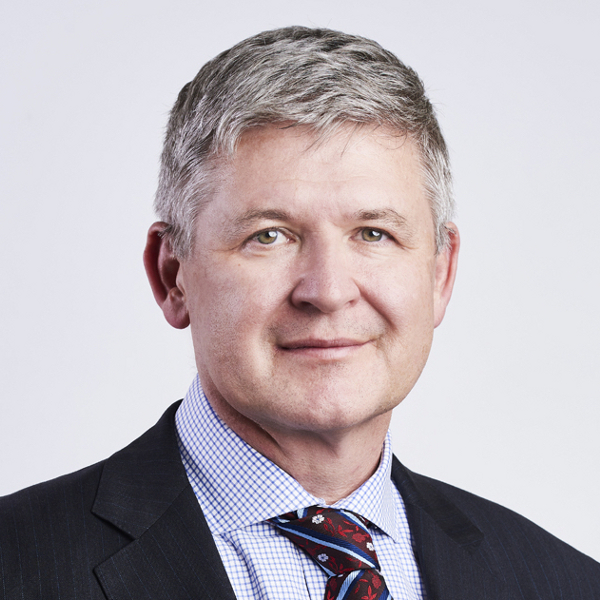
Professor Colin Royse
Co-director, Ultrasound Education Group
Colin.Royse@unimelb.edu.au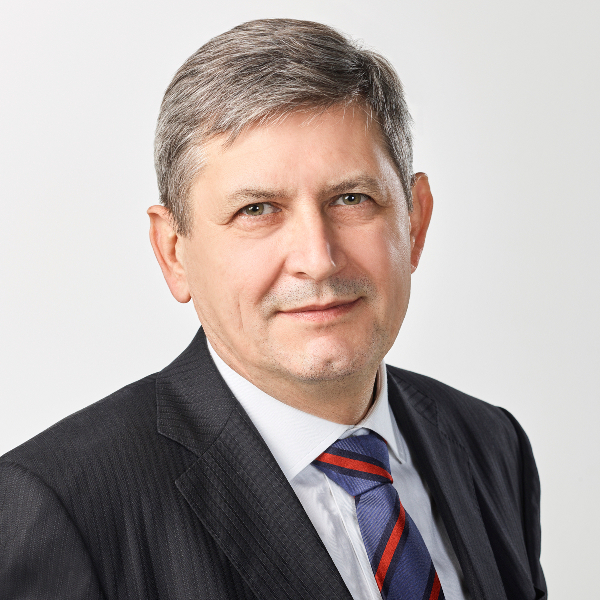
Professor Alistair Royse
Co-director, Ultrasound Education Group
Alistair.Royse@unimelb.edu.au
Research Overview
The Ultrasound Education Group comprises of academics, including Prof Alistair Royse (Cardiothoracic surgeon, Deputy Director of Surgery), Prof Colin Royse (Anaesthetist), Dr David Canty (Anaesthetist, Senior Lecturer) and Dr Lindsay Bridgford (Emergency Physician, Academic), who supervise higher research degree students, undergraduate medical students performing research projects, and post-graduate clinicians pursuing active research and education projects.
Research themes include a wide range of ultrasound, including transoesophageal echocardiography for cardiac surgery, clinical point of care diagnostic ultrasound of heart, lungs, abdomen, vascular, invasive procedures, and new techniques. Other active areas of research include cardiac surgery, cardiothoracic anaesthesia, postoperative quality of recovery in all types of surgery, and medical education.
Ultrasound Education Group Courses
UEG develop and administer graduate courses in clinical ultrasound at a certificate, diploma or master’s level, which is well subscribed both within Australia and Internationally. The courses have been very successful amongst medical specialists, trainees and residents and are likely to change the way that practical ultrasound skills are learned.
Details of the courses and workshops can be found at Ultrasound Education Group Courses
Cardiothoracic Surgery
Head of Research Group

Professor Alistair Royse
Co-director, Ultrasound Education Group
Alistair.Royse@unimelb.edu.au
Research Overview
The cardiothoracic surgery unit performs all types of cardiac surgery and thoracic surgery. Operations at The Royal Melbourne Hospital as well as Melbourne Private Hospital. The multidisciplinary team includes surgeons, anaesthetists, perfusionists, intensive care and other associated specialties within the Royal Melbourne Hospital including cardiology oncology, radiation therapy and many more.
Across the two campuses, approximately 1100 cardiac surgery cases and approximately 400 thoracic surgery cases are performed.
Particular areas of interest:
- Total arterial coronary artery bypass surgery
- Radial artery use as a coronary bypass conduit
- Sutureless aortic valve replacement
- Aortic aneurysm reconstruction
- The PEARS operation for aortic aneurysm
- Minimally invasive valve surgery
- Minimally invasive thoracic surgery
Neurosurgery
Head of Research Group
Research Overview
The Department of Neurosurgery at the Royal Melbourne Hospital is the busiest neurosurgical unit in Australia, sitting in the heart of the Parkville Biomedical precinct, and provides a comprehensive service for patients with neurosurgical diseases. The Department is one of the few genuinely academic Neurosurgery Departments in Australasia, with active clinical and laboratory research programs that augment each of the clinical specialised programs undertaken by the Department alone and in conjunction with the Departments of Neurology, Radiology and Oncology. Data and tissue collection, and clinical trials, are central to the work of the Department. Enquiries for fellowships in Neuro-Oncology and Spinal Surgery are welcomed, as are enquiries for PhD supervision.
The particular areas of research include:
- Brain Tumours
- Cerebrovascular Diseases
- Neurotrauma
- Neuroimaging
- Functional Neurosurgery
Stem Cell Disease Modelling
Head of Research Group
Research Overview
Our laboratory focuses on the study of human pluripotent stem cells for modelling neurodegenerative diseases.
The difficulty in obtaining brain or ocular tissue from living people is a major barrier to developing new treatments for neurodegenerative disease. We can now generate stem cells from adult tissue, and these “induced pluripotent stem cells” (iPSCs) represent a powerful disease modelling tool. Generating iPSCs directly from patients allows cells to be differentiated into specific cells of interest for disease modelling, drug screening, and understanding of fundamental pathogenic mechanisms.
We differentiate iPSCs into various cell types of the nervous system, as monolayers or as organoids. Using these cells, we model age-related macular degeneration, glaucoma, inherited retinal dystrophies and optic neuropathies, in order to establish the molecular events leading to disease progression and aspects of neurodegeneration. We also use gene editing technology for the correction of monogenic diseases of the retina and the optic nerve.
Brain Tumours and Epilepsy
Head of Research Group
Research Overview
Our lab focuses on brain tumours and epilepsy. We aim to understand the neurobiology of brain tumours, particularly glioma, the most common cancer of the brain. Our current major project is discovering new blood-based biomarkers for glioma diagnosis and monitoring using microRNA and DNA. We also focus on understanding the role of glioma stem cells and their underlying genotypes in progression of glioma and using stem cell organoid cultures as a basis for discovering new molecular-targeted treatments for glioma. We also work on the neuroscience behind how brain tumours cause epileptic seizures and have published on the role that the glutamate neurotransmitters play.
Glioblastoma Survival Signalling Lab
Head of Research Group
Research Overview
Our lab aims to understand how cancer signalling molecules and pathways regulate the pro-tumorigenic characteristics of glioblastoma, the most aggressive and lethal brain tumour in adults.
Prostate Cancer
Head of Research Group
- Lead Researcher
Associate Professor Niall Corcoran
niallc@unimelb.edu.au
Research Overview
The Prostate research group is focused on :
- Deciphering the genomic drivers of metastatic potential in prostate cancer
- Tracking the dissemination of cancer cells from the primary organ to distant sites
- To further the clinical translation of a small molecule that targets the Tau protein in the brain to treat neurodegenerative diseases.
- Developing tissue and blood tests that will predict future risk of progression in men at the time of diagnosis
- Developing new ‘curative’ treatments in patients with high risk disease
- Developing new tests that will predict how patients will respond to treatment
Cancer Signalling
Head of Research Group
Research Overview
Cancer Signalling Research Laboratory focuses on how molecular signalling pathway, particularly TGF-b signalling regulates each different stages of cancer development from initiation and growth to dissemination by invasion, circulation and metastatic seeding. More importantly, we translate out fundamental novel findings into therapeutic opportunities.
Brain Cancer Microenvironment and Biology Laboratory
Head of Research Group
Research Overview
Our research goal is to understand the molecular and cellular biology of brain cancer.
One of our key research areas is to investigate the brain tumour microenvironment.
Breast Cancer
Head of Research Group
Research Overview
Our team's main research interests are clinical trials into tailored treatments in early breast cancer, prevention and screening of patients at high risk of developing breast and endocrine malignancies and outcomes in emergency general surgery.
Key research areas:
- Value-based outcomes research in surgery
- Patient reported outcomes after breast cancer surgery and risk-reducing surgery
- De-escalation of therapies after cancer diagnosis
Brain Cancer Invasion Group
Head of Research Group
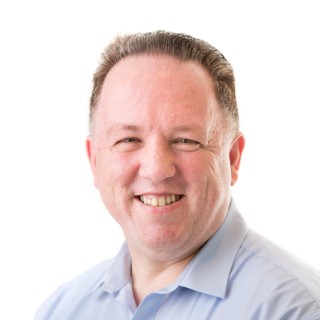
Dr Stanley Stylli
sstylli@unimelb.edu.au
Research Overview
The Brain Cancer Invasion Group is focussed on:
- Understanding how invadopodia contribute to brain cancer invasion
- Investigating the role of exosomes in brain cancer invasion
- Repurposing drugs to target invadopodia and brain cancer invasion
- Investigating the impact of current therapies on invadopodia, exosomes and brain cancer invasion
Endocrine Surgery
Head of Research Group
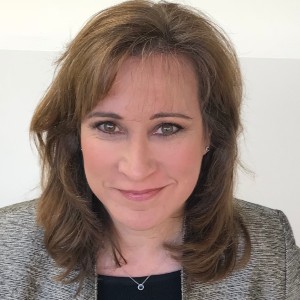
Associate Professor Julie Miller julie.miller@unimelb.edu.au
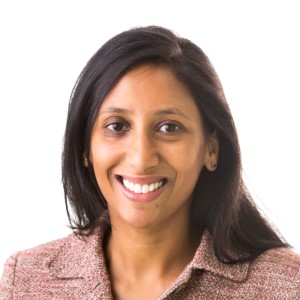
Dr Anita Skandarajah Lead Researcher
anitas@unimelb.edu.au
Research Overview
Endocrine Surgery involves clinical management of patients suffering from tumours of the endocrine system, including:
- Benign and malignant tumours of the thyroid gland.
- Primary hyperparathyroidism
- Adrenal tumours, including phaeochromyctoma
- Familial endocrine tumour syndromes such as Multiple Endocrine Neoplasia
- Familial cancer and secondary endocrine malignancies
- De-escalation of treatments of thyroid nodules and thyroid cancers
Head and Neck Tumour Stream Research Group
Head of Research Group
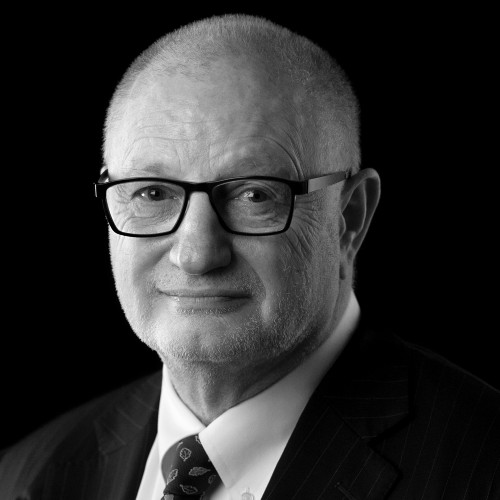
Professor David Wiesenfeld
David.Wiesenfeld@mh.org.au
Research Overview
Our main area of research has been in the management of mucosal head and neck cancers, with an interest in cutaneous head and neck cancer and sarcoma. There is a successful collaboration with WEHI in conducting a PhD program in oral cancer genomics and in establishing an oral cancer organoid culture.
Ophthalmology
Head of Research Group
Research Overview
Descemetorhexis Without Endothelial Keratoplasty (DWEK)
This study evaluates the possibility of removing a section of Descemet’s membrane along with its diseased endothelial cells, without corneal transplantation, and simply leaving the cornea to heal on its own, as a new treatment for Fuchs’ Endothelial Dystrophy (FED). This procedure is known as ‘Descemetorhexis Without Endothelial Keratoplasty (DWEK)’ or ‘Descemet’s stripping only (DSO)’. DWEK/DSO may improve vision in persons with FED without the need for traditional corneal transplantation.
Keratoconus International Consortium (KIC)
International collaborative study to evaluate Keratoconus.
RMH Ophthalmology Clinical Trials
IONIS: A Phase 2, randomised, placebo-controlled, double-masked study to assess safety and efficacy of multiple doses of IONIS-FB-LRX, an antisense inhibitor of Complement Factor B, in patients with Geographic Atrophy secondary to Age-Related Macular Degeneration (AMD).
Facilities
Laboratory Facilities at Department of Surgery, Victorian Comprehensive Cancer Centre (VCCC)
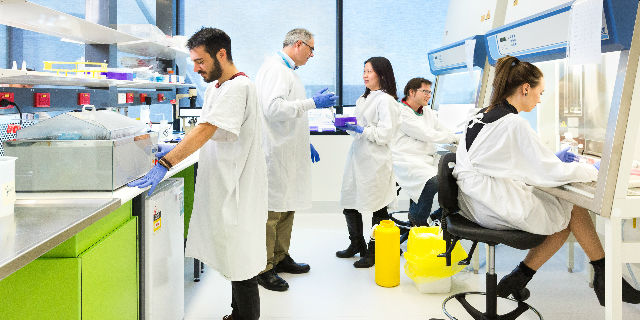
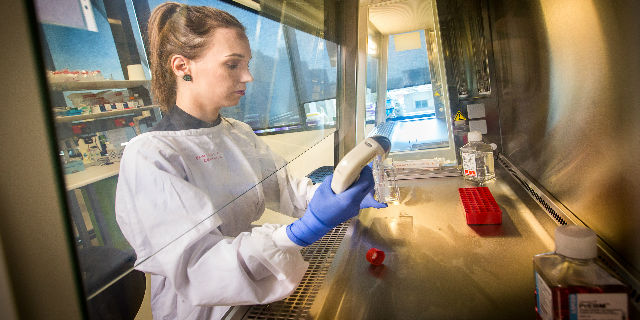
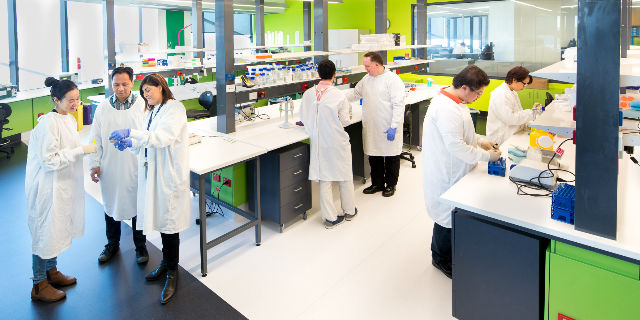
Contact Us
Executive Assistant to Professor Christobel Saunders
Michelle Chu
Ph: +61 3 8344 2033 / +61 3 8344 5492
Email: michu@unimelb.edu.au
Research Co-ordinator
Dr Hong-Jian Zhu
Ph: +61 3 8344 3025
Email: hongjian@unimelb.edu.au
Graduate Research Programs Coordinator
Kim Ng
Ph: +61 3 8344 3296
Email: kmng@unimelb.edu.au
Location:
Royal Melbourne Hospital,
Centre for Medical Research building
Level 6 / 300 Grattan St, Parkville
